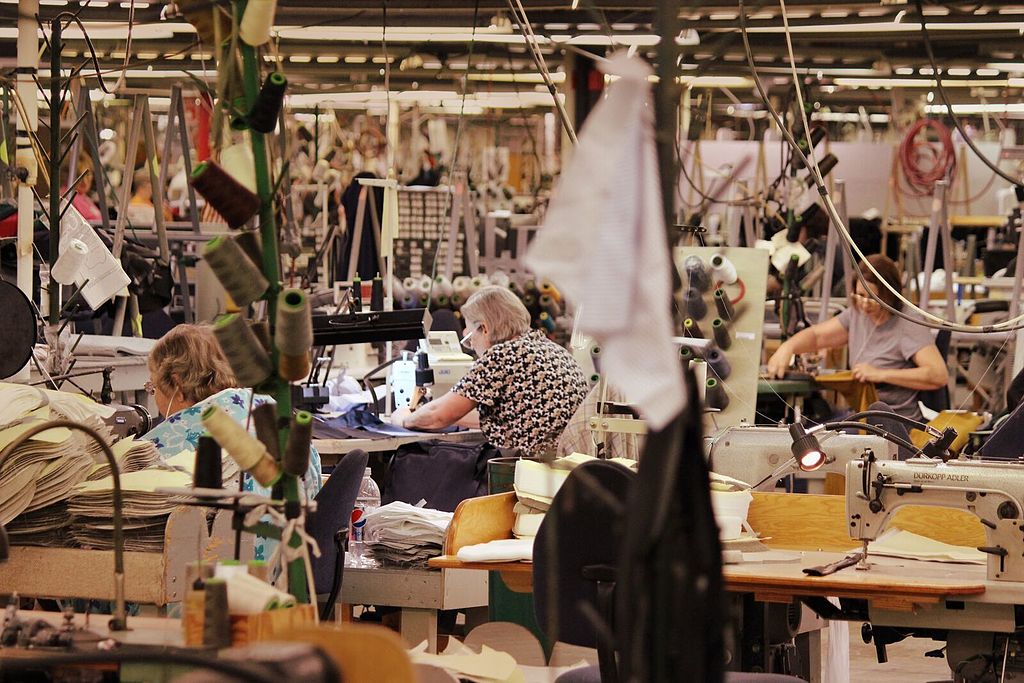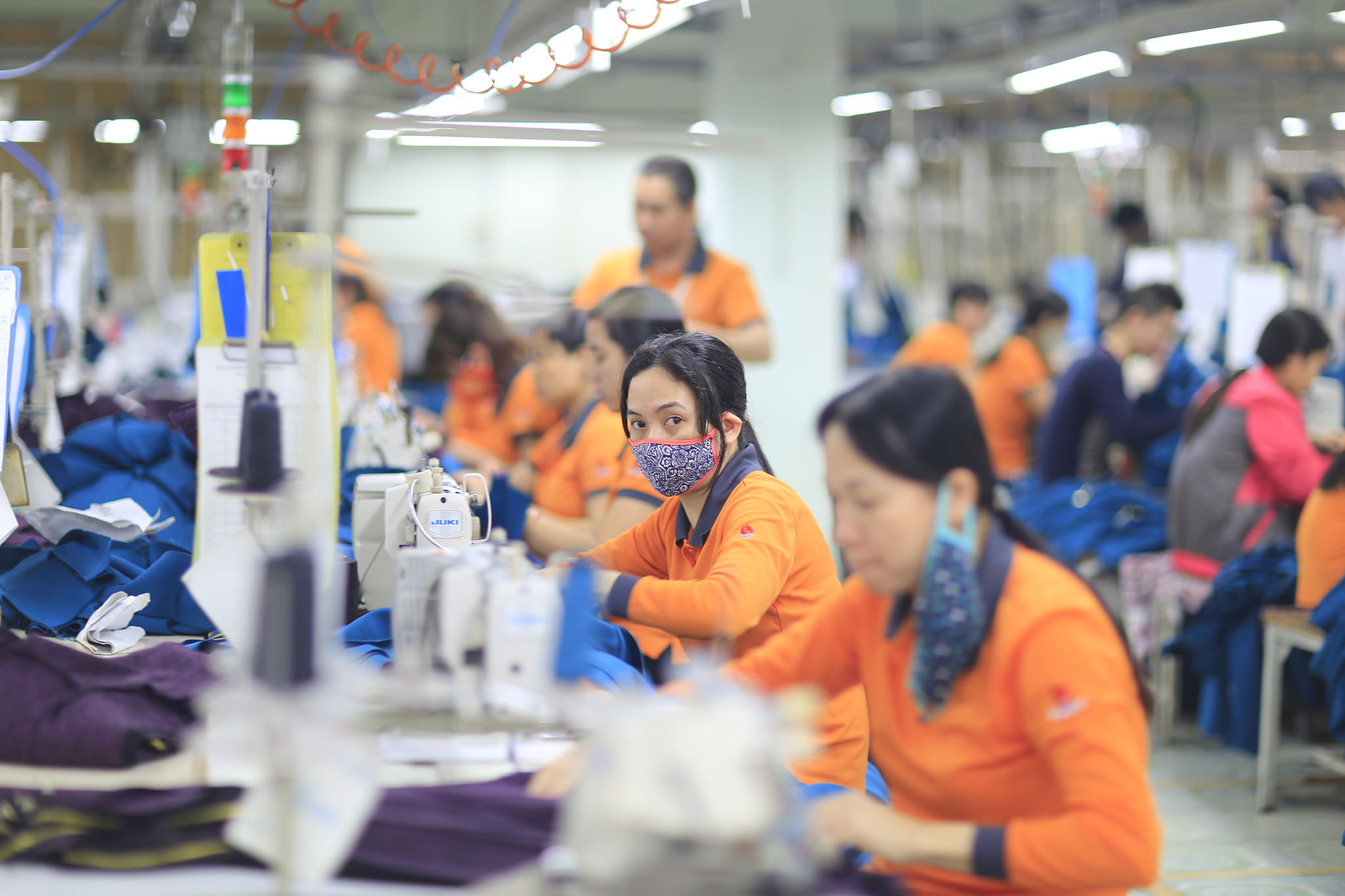Business leaders the world over often declare ‘our people are our greatest strength’ and trillions of pounds are invested in companies, much of it on behalf of workers saving for retirement. The investors managing these savings are not always well-known as promoters of improved conditions for workers. But things could be changing.
One of the United Nations’ core goals calls for ‘decent work for all’. Sadly, this has proved difficult to achieve. Poor quality jobs remain widespread, particularly in developing countries. Of the many people and organisations who are vital in realising this goal, investors are perhaps not the first to spring to mind. But a new initiative led by ShareAction – an NGO which aims to make investment a force for good – gives investors an opportunity to help secure decent work for all.
Introducing the Workforce Disclosure Initiative
![]()
Image Credit: rawpixel.com / Unsplash
The Workforce Disclosure Initiative (WDI) is backed by a coalition of 79 influential investors (collectively managing $7.9 trillion) who ask companies in which their funds are invested to disclose information about how they manage workers.
WDI investors recently sent a letter to 75 multinational companies, including the 50 biggest UK companies that people can invest in. The letter requested that the companies complete the 2017 WDI survey, providing information on their employment policies and practices. The information requested covers both people directly employed by the companies and supply chain workers. Supply chain workers, often employed in developing countries, are the people whose work helps create a company’s end product or service, but aren’t directly employed by the company.
Funded by the UK’s Department for International Development (DfID) and in collaboration with Oxfam, the WDI’s ultimate goal is to improve the quality of jobs for workers linked to the companies surveyed. It looks to capture comparable data which investors can use to see how companies compare with their peers. Investors can then engage with companies to improve employment standards.
Why are investors taking action now?

Image Credit: JonesManagement / Wikimedia Commons
National and international laws, such as the 2014 EU Non-Financial Reporting Directive and the UK’s Modern Slavery Act 2015, push companies to disclose more information on conditions for workers. The idea is ‘what gets measured, gets managed’, so the goal of this legislation is to use transparency as a driver of better company practice. Other initiatives like the Corporate Human Rights Benchmark (CHRB) are also focussing company attention on ‘social’ issues like employment practices. Though different in scope and process, both the WDI and the CHRB share the common aim of driving investor and company action towards securing better conditions for workers.
Investors are increasingly aware of the evidence that good employment practices are linked to better financial returns over the long-term. For example, a study by the Better Work programme has shown that factories where employees report better working conditions, and where supervisors are well-equipped for their jobs, are more productive and profitable. On the flipside, companies that do not take adequate steps to address poor working conditions can see negative impacts on their value. For instance, PureCircle’s value dropped by 10 percent after allegations that the sweetener it produces were made using forced labour.
All of this makes it no surprise that investors want to engage with companies on working conditions. One of the major obstacles, however, is the lack of information available on how companies manage their own employees and supply chain workers. The WDI aims to overcome this barrier by encouraging a collaborative and efficient process for all parties.
The impressive backing for the 2017 WDI survey shows that investors recognise the importance of taking a collaborative approach. As Kate Hewitt, Investment Management Executive at WDI signatory Castlefield Investment Partners, put it:
We believe decent work will help create long-term value in the companies we invest in. It will also help achieve the UN’s goal of ‘decent work for all’. But in order to engage with companies, we need better information on how they manage their workforce and supply chain. The WDI provides a strong investor voice calling for this information.
What’s next?

Image Credit: Pixabay
The ball is now in the companies’ court: they have until mid-October to respond to the WDI survey. In the coming years, the survey will be refined and the number of companies surveyed is likely to increase. The WDI will also coordinate investor engagement with companies on specific issues related to working conditions.
Investors are just one of many actors vital to improving conditions for workers across the world. The fact that they are keeping an eye on these issues can only be positive news for workers’ rights globally.
Want to know more?
- Read more about ShareAction’s Workforce Disclosure Initiative
- Learn about the Modern Slavery Act and how it protects workers’ rights
- Read another feature on how respecting human rights is good for businesses, as well as workers






